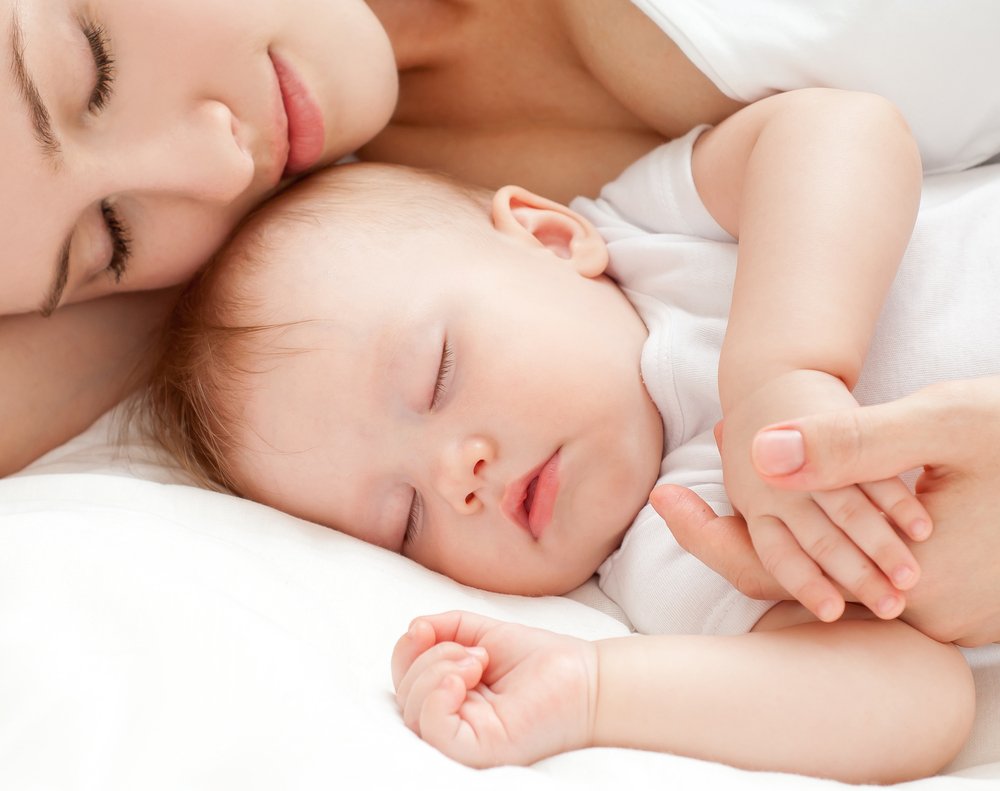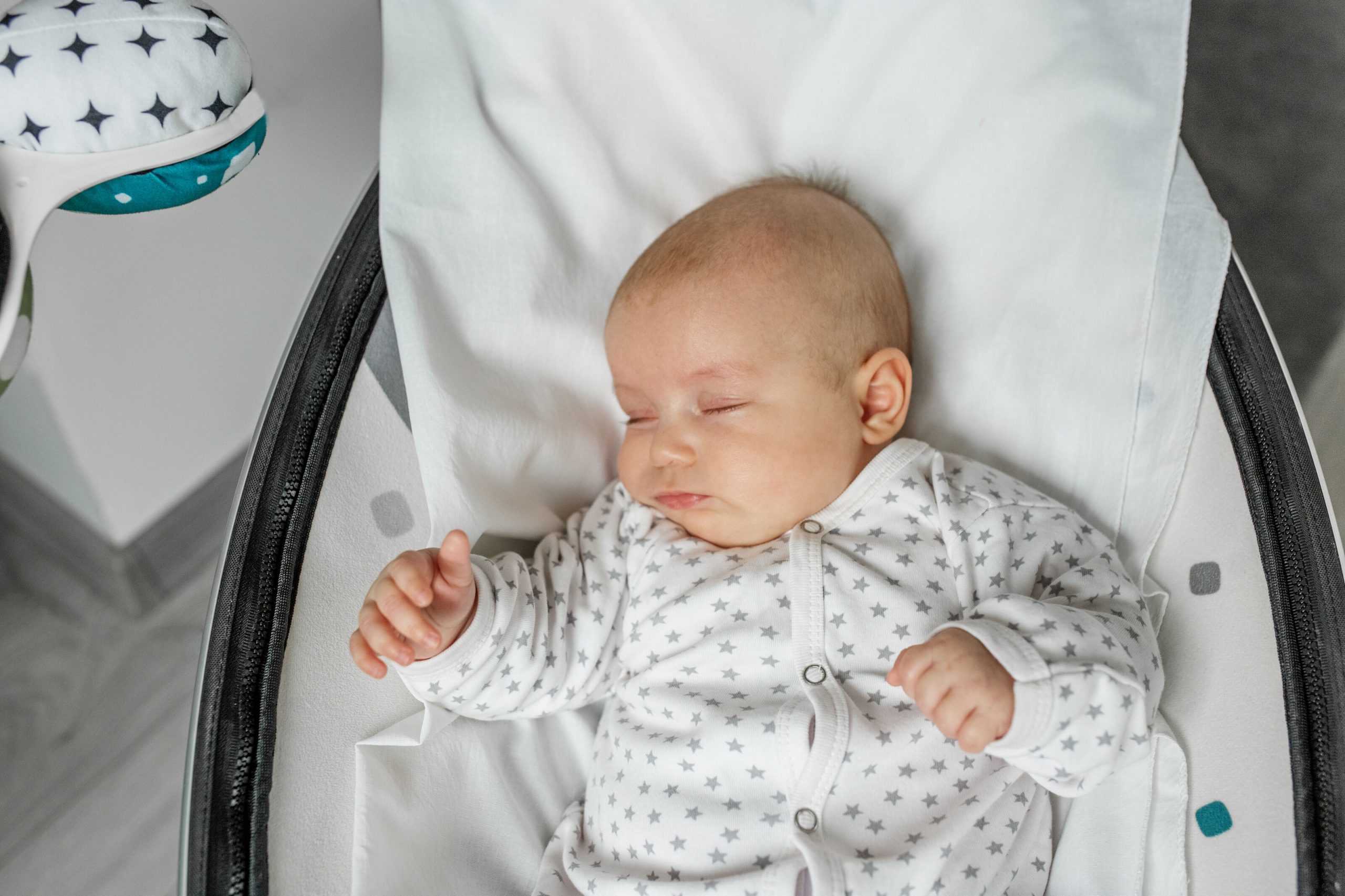Key points:
- Sleep is critical for babies’ physical and mental development.
- Babies between 7-9 months should ideally sleep between 12-15 hours a day.
- Sleep regressions can occur during this period, but they are normal.
- Establishing a consistent sleep routine and limiting screen time can help babies sleep better.
Sleep is essential for having a healthy life. It allows our body to rest and maintain good mental and physical health. Sleep is essential for our brain since during this time it consolidates and organizes the day’s events. Similarly, adequate sleep hours allow us to go through different stages of sleep, achieving restorative sleep. If sleep is extremely important for adults, you can imagine how important baby sleep is for growing up!
Importance of baby sleep
Sleep is vital for babies. Their brains require it to develop properly and their bodies to grow. When a baby sleeps, they save energy, allowing them to gain weight faster and have a healthy development. Also, their organs mature and their immune system grows stronger to protect them from diseases and infections. Between 7 and 9 months, babies can present sleep regressions –when babies have trouble sleeping during periods that last two to four weeks. Remember sleep regression can happen at nine months old, but it is normal in some babies.
How much should a 7 to 9-month-old sleep?
According to the National Sleep Foundation, the ideal sleeping range for babies that are 7-9 months old is between 12-15 hours. Some babies sleep less, between 10-13 hours, and others more, up to 18 hours a day.
However, experts don’t recommend that your little one sleeps above or below this 10-18 hour range. Sleeping less than that deprives their bodies of the rest and the benefits provided by sleep. When your baby sleeps, they are recharging the energy necessary to crawl, move, sit, eat, and explore their surroundings. On the other hand, sleeping more doesn’t allow babies to get the proper food and stimulation needed in a day.
During this stage, try to include more steps in your baby’s routine. When you prepare them for sleep, you can read them a book or listen to music together; they’ll understand it is a sign for bedtime.
Remember, try not to let them use screens before bedtime. You might think it can help your little one fall asleep, but, as we mentioned in previous posts, the American Academy of Pediatrics (AAP) is not against the use of screens, but recommends using them for short periods during the day. Any exposure before bedtime may make it harder for babies to have quality sleep. Also, try to prioritize their naps and schedules for sleeping, so they get used to their routine.








